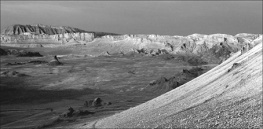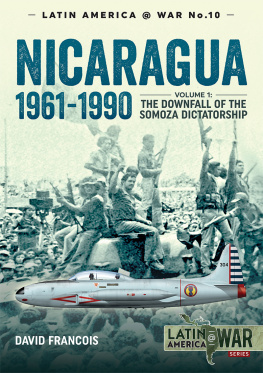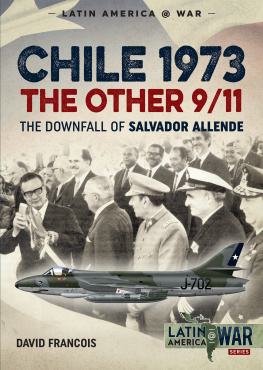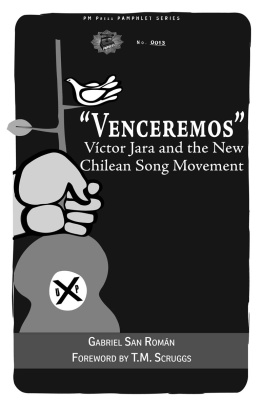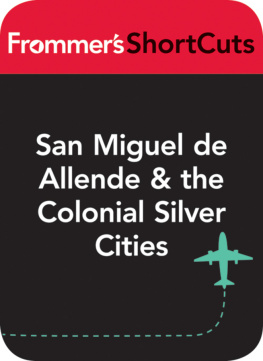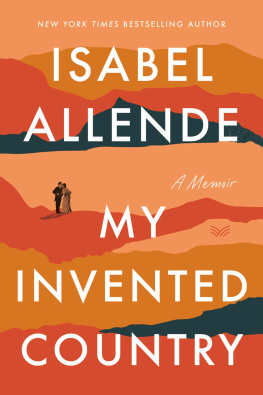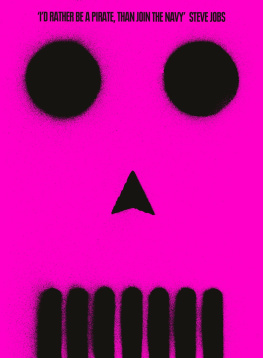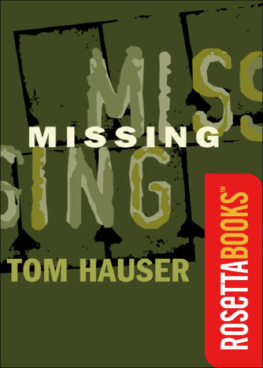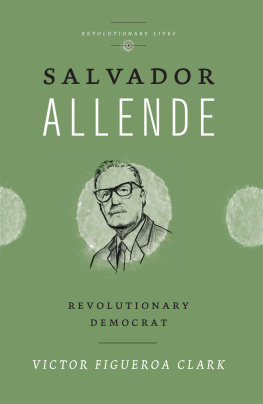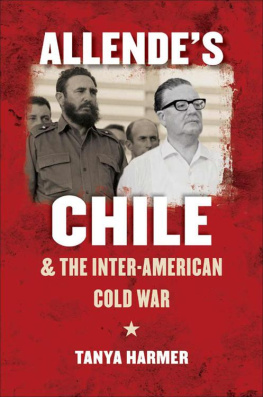Helion & Company Limited
26 Willow Road
Solihull
West Midlands
B91 1UE
England
Tel. 0121 705 3393
Fax 0121 711 4075
email:
website: www.helion.co.uk
Twitter: @helionbooks
Visit our blog http://blog.helion.co.uk
Published by Helion & Company 2018
Designed and typeset by Farr out Publications, Wokingham, Berkshire
Cover designed by Paul Hewitt, Battlefield Design ( www.battlefield-design.co.uk )
Text David Franois 2018
Illustrations as individually credited
Color profiles drawn by and Tom Cooper and David Bocquelet respectively 2018
Maps drawn by and Tom Cooper 2018
ISBN 978-1-912174-95-9
eISBN 978-1-913118-31-0
Mobi ISBN 978-1-913118-31-0
British Library Cataloguing-in-Publication Data
A catalogue record for this book is available from the British Library
All rights reserved. No part of this publication may be reproduced, stored, manipulated in any retrieval system, or transmitted in any mechanical, electronic form or by any other means, without the prior written authority of the publishers, except for short extracts in media reviews. Any person who engages in any unauthorised activity in relation to this publication shall be liable to criminal prosecution and claims for civil and criminal damages.
For details of other military history titles published by Helion & Company Limited contact the above address, or visit our website: http://www.helion.co.uk
We always welcome receiving book proposals from prospective authors working in military history.
CHAPTER 1
INTRODUCTION
O f the many military coups that took place in the countries of Latin America, the coup in Chile of 11 September 1973 engraved itself most permanently on the collective memory. The images of the bombing of La Moneda Palace, of the despair on the face of Salvador Allende shortly before his suicide, of the defiant expression worn by Major-General Augusto Pinochet behind his dark glasses still make circles around the world and became the symbol of military brutality.
In the early 1970s, Chile was the most democratic country in the Spanish-speaking world Latin America, Spain and Portugal included. The coup of 11 September 1973 was not only a classic pronunciamento in the descendants of those who punctuated the history of the South American continent: in the national context, it ended the presidency of Salvador Allende, a president who tried to establish socialism the peaceful way and by lawful means. Such ideas collided with those who maintained of the existing order.
Chilean society became divided between supporters and adversaries of the government, and every camp radicalised starting in 1972. The country was in the grip of ever more violent political crises in which the Right, welded by anticommunism and its rejection of any form of socialism, confronted the Left that radicalised as soon as it understood that the respect for institutional logic hindered revolutionary process.
At least initially, the Chilean armed forces played the referees role in this conflict. In spite of the doctrine of national security instilled across the continent by means of the American military, the constitutionalism of the Chilean army remained strong until 1970. Subsequently it disappeared amid exacerbating dynamics. Eventually, political crisis prompted it into a coup nominally led by Pinochet.
This coup took place within an international context too that of the Cold War. The revolutionary contents of Allendes politics transgressed the limits tolerated by the United States of America (USA) within the Western hemisphere similar to the threats the former Union of the Soviet Socialist Republics (USSR, also Soviet Union) considered perceptible within its sphere of influence. Powers in Washington could not tolerate a second Cuba, and thus could not tolerate socialism in Chile if for no other reason than because a country in which an alliance between communists and socialists would respect democratic practices, political pluralism and the rights of its citizens could become a precedent for similar developments in countries like France or Italy. The Chilean experience thus had a world-wide echo, and its tragic end marked the end of the dream of the democratic socialist alternative to the authoritarian, Soviet-style communism.
Finally, 11 September 1973 was a military operation which delivered the nail in the coffin of the Chilean democracy, installed a violent dictatorship, and opened an entire epoch of dirty little wars in Latin America. Not only in Chile, but elsewhere around Latin America too, the famous sentence by Carl von Clausewitz according to which war is continuation of politics by other means seemed to be right.
Early History of Chile
The Portuguese explorer Ferdinand Magellan was the first European to visit present-day Chile, landing on the island of Chilo in 1520 after having crossed the strait that subsequently received his name. The region was then named Tchili after the native word for snow. The natives in question used to inhabit the entire area south of the Rapel River and were named the Mapuches: they had a fearsome reputation as skilled warriors. On the contrary, the tribes further north were subjected to the Incas of Peru, starting in 15th Century.

